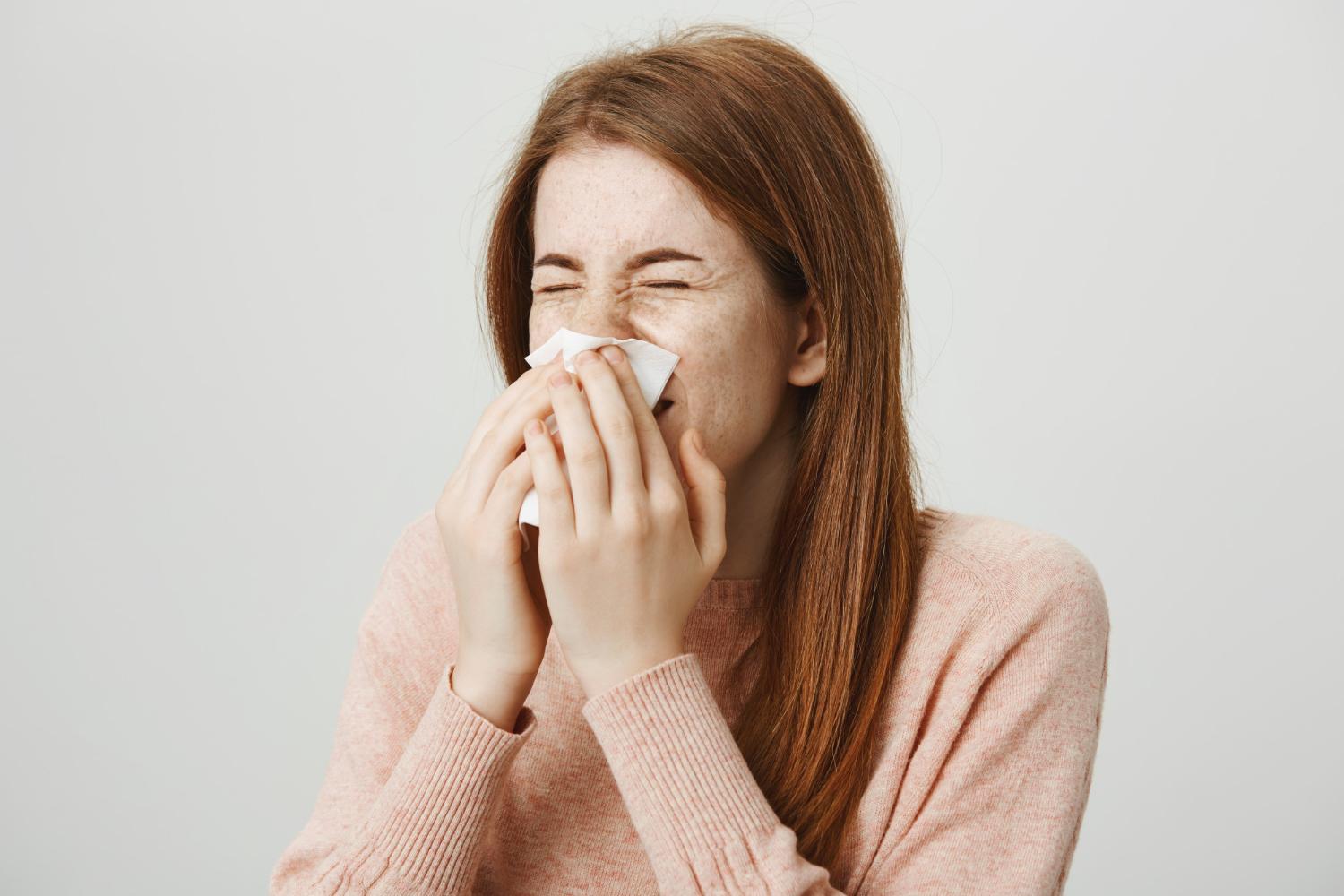September 21, 2023 – 1:45 pm
With the arrival of spring, the effects of weather also begin to show. allergy Humans, especially those who are sensitive to the pollen and lint released by certain trees.
Therefore, sneezing, nasal itching, and more nasal discharge are often confused with runny nose. cold A common phenomenon that affects people, especially minors.
Go to next note
“Differentiating between colds and allergies in children in the spring can be challenging because some symptoms may overlap. However, seasonal allergies (allergic rhinitis) occur when the immune system reacts to pollen from trees, grasses, and weeds, as if It’s as harmful as it is to the body,” explained Yudett Lucero, a scholar at Andres Bello University School of Nursing in the United States. .

The professional adds, “Allergies are not contagious. This means they cannot be spread from one person to another. A cold, on the other hand, is an infection of the upper respiratory tract (paranasal sinuses, nasal passages, throat, and larynx) Its causes can be caused by many different viruses.
so you can differentiate between them
allergy
- Seasonal allergies usually occur at certain times of the year, such as spring when pollen is abundant.
- Allergies rarely cause fever.
- Typical symptoms are itching of the eyes, nose and throat.
- A runny nose caused by allergies is usually clear and watery.
- Repeated sneezing, especially when outdoors, is characteristic of this type of allergy.
- Allergies can be persistent, meaning they persist as long as the allergen such as pollen is present, so they can last for weeks or even months.
cold
- Colds tend to develop gradually, with symptoms worsening over time.
- In some cases, they may be accompanied by fever.
- Sore throats are more common with a cold.
- Nasal congestion often results in sneezing and green and/or yellow discharge.
- Coughing is more common with a cold, especially after a stuffy nose.
- A cold usually lasts from a few days to a week.
Finally, professionals remind, “If you suspect your child has a cold or spring allergies, it is recommended to consult a pediatrician for evaluation with an allergy test for a more accurate diagnosis.”
This article It is intended to provide information, not medical advice or solutions..
Always consult your doctor or specialist if you have questions about your health or before starting treatment.

